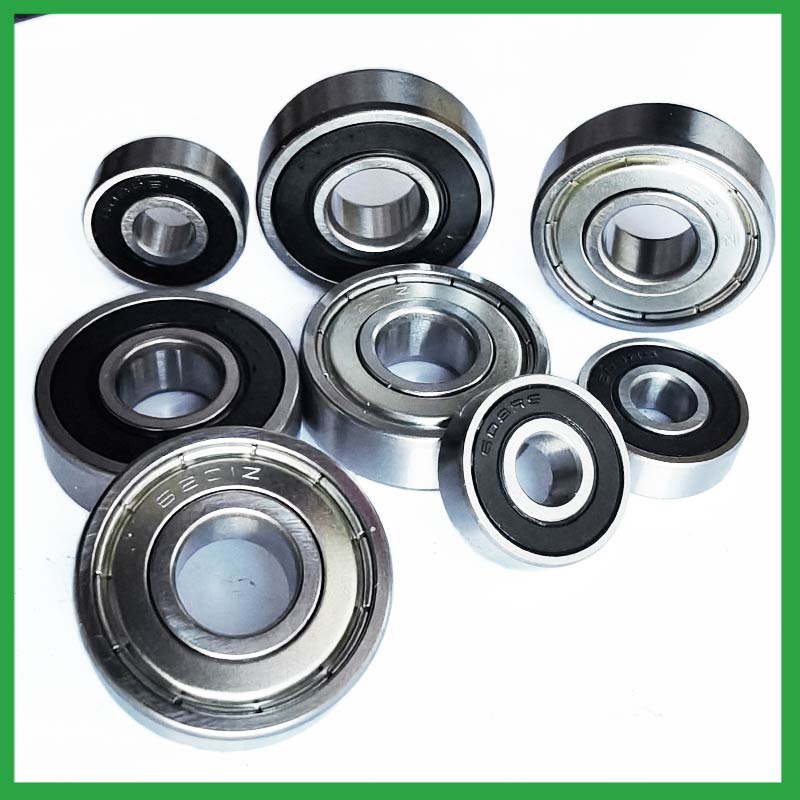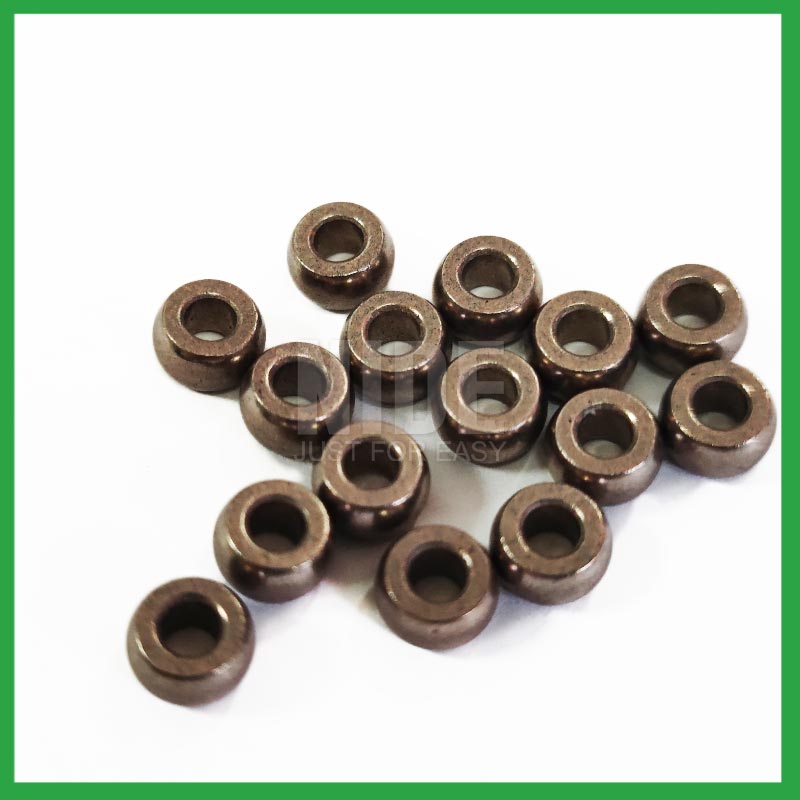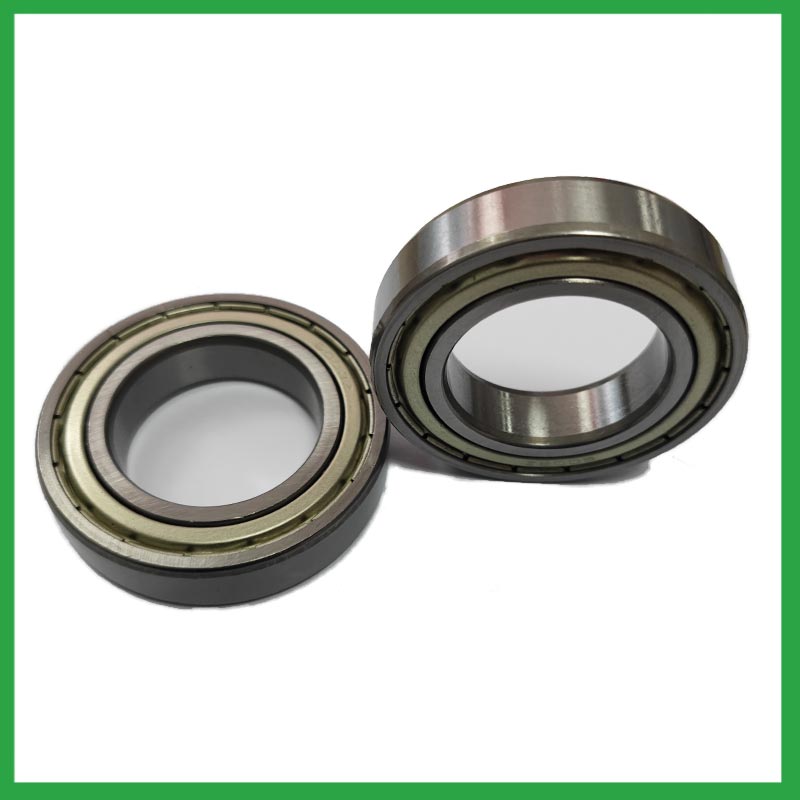2024-08-12
Magnetic bearings are at the forefront of technological innovation in advanced engineering, offering a unique solution to the challenges of friction, wear, and energy efficiency in rotating machinery. Unlike traditional bearings, which rely on physical contact between surfaces, magnetic bearings use electromagnetic forces to levitate the rotating components, enabling near-frictionless operation. This technology is revolutionizing various industries, from aerospace to energy, by enhancing performance, reducing maintenance costs, and extending the lifespan of critical machinery. In this article, we will explore the role of magnetic bearings in advanced engineering, highlighting their advantages, applications, and the growing market demand for this cutting-edge technology. As a leading provider of innovative engineering solutions, "Nide International" is proud to be at the forefront of this exciting field.
Magnetic bearings operate by using electromagnetic fields to suspend and support a rotating shaft without physical contact. They consist of two main components: the stator, which contains electromagnets, and the rotor, which is the rotating part of the machinery. Sensors continuously monitor the position of the rotor, and a control system adjusts the electromagnetic forces to keep the rotor centered and stable. This active control allows magnetic bearings to maintain precise alignment and eliminate the friction and wear associated with traditional mechanical bearings.

One of the most significant advantages of magnetic bearings is their ability to operate without physical contact between the moving parts. This results in virtually zero friction, which not only improves energy efficiency but also significantly reduces wear and tear on the components. For example, magnetic bearings can achieve efficiencies as high as 99.9%, compared to 95-98% for traditional bearings. This efficiency translates into lower energy consumption and reduced operational costs.
Because there is no physical contact, magnetic bearings experience minimal wear, leading to a much longer lifespan compared to traditional bearings. This is particularly important in applications where reliability and durability are critical, such as in aerospace and industrial turbines. Magnetic bearings can last up to five times longer than traditional bearings, reducing the need for frequent replacements and minimizing downtime.
Magnetic bearings are capable of operating at extremely high speeds, making them ideal for applications in high-speed turbines, compressors, and flywheels. Traditional bearings often struggle with heat generation and wear at high speeds, but magnetic bearings eliminate these issues, allowing for rotational speeds exceeding 100,000 revolutions per minute (RPM) in some applications.
The lack of friction and wear in magnetic bearings means that they require little to no maintenance over their operational life. This is a significant advantage in environments where maintenance is challenging or costly, such as in offshore wind turbines or deep-space probes. The maintenance-free nature of magnetic bearings contributes to their growing adoption in industries where reliability is paramount.

Magnetic bearings are used in a wide range of advanced engineering applications, each benefiting from the unique advantages they offer:
Aerospace
Energy Sector
Industrial Machinery
Medical Devices

The adoption of magnetic bearings is expanding rapidly across various industries, driven by the need for more efficient, reliable, and durable engineering solutions. The global market for magnetic bearings is expected to reach USD 515 million by 2030, with Asia-Pacific and North America leading the growth due to their strong industrial and aerospace sectors. As a key player in this market, Nide International is committed to providing cutting-edge magnetic bearing solutions that meet the evolving needs of our customers.
Magnetic bearings represent a significant advancement in engineering technology, offering unparalleled advantages in terms of frictionless operation, extended lifespan, and high-speed capability. These benefits are driving their adoption in a wide range of industries, from aerospace and energy to industrial machinery and medical devices. As the market for magnetic bearings continues to grow, Nide International is at the forefront, delivering innovative solutions that enhance performance, reduce costs, and ensure the reliability of critical systems. Whether you are looking to improve the efficiency of your industrial processes or seeking reliable components for high-stakes applications, magnetic bearings offer a proven solution that meets the demands of modern engineering.